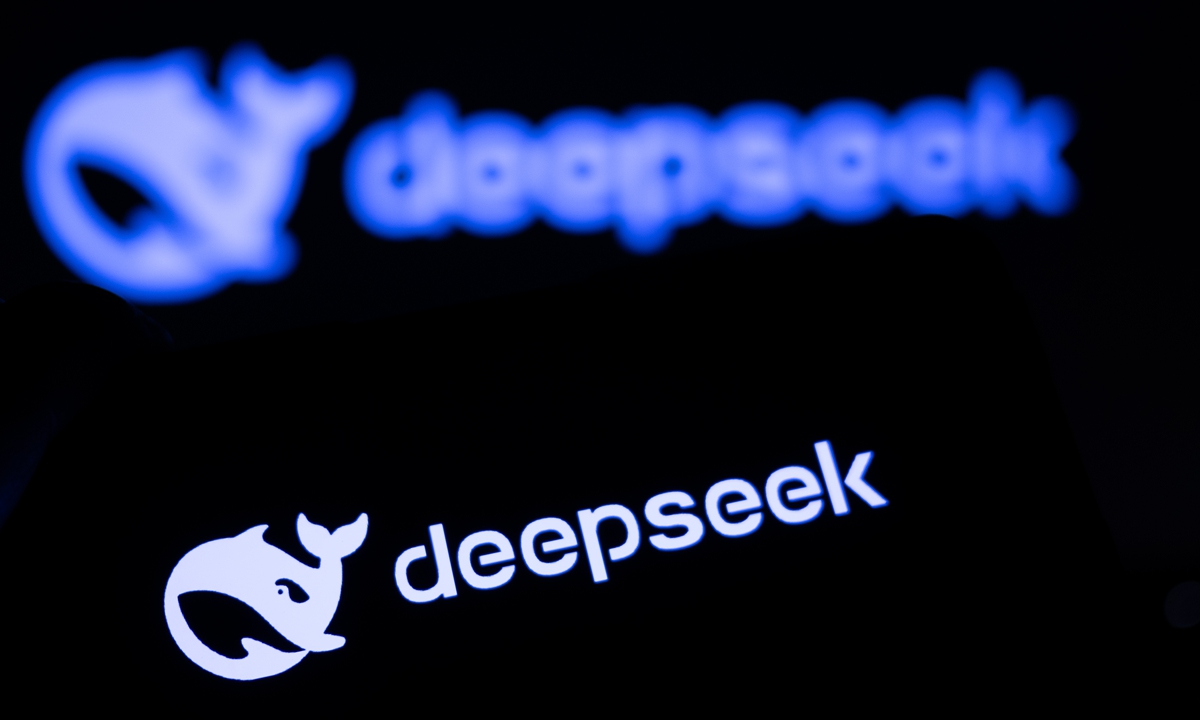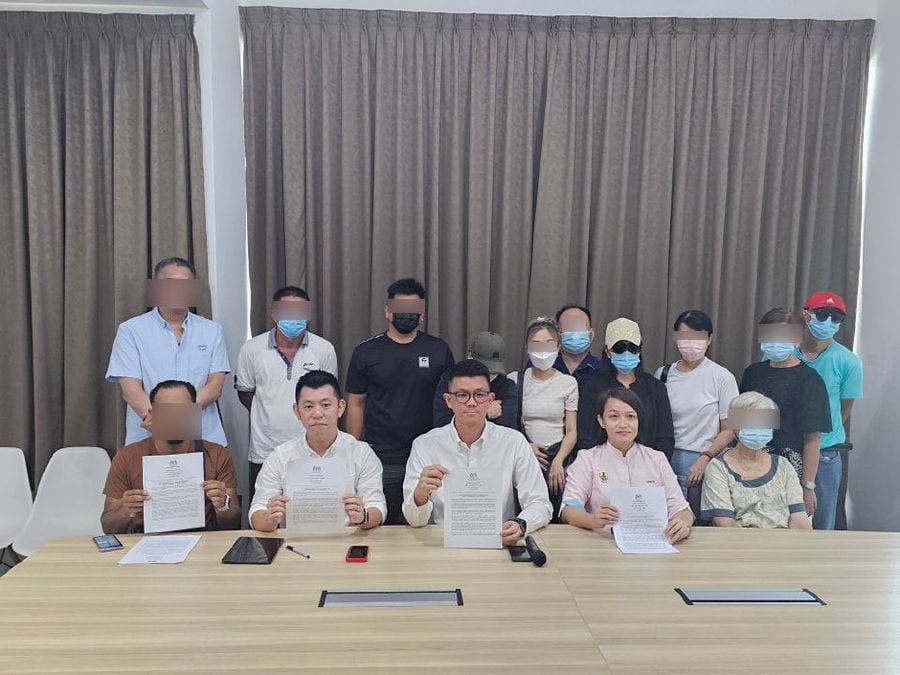
deepseek
Chinese artificial intelligence (AI) startup DeepSeek on Tuesday launched a new open-source multimodal model, following the buzz generated by its cost-effective open-source reasoning model, DeepSeek-R1, which competes with rivals like OpenAI but at a significantly lower cost, sending ripples through the US stock market the day before.
According to information on the AI community platform Hugging Face on Tuesday, DeepSeek has released the open-source multimodal AI model Janus-Pro, an upgraded version of its earlier Janus model, which significantly enhances multimodal understanding and visual generation capabilities.
Its Janus-Pro-7B AI model outperformed OpenAI's DALL-E 3 and Stability AI's Stable Diffusion in a leaderboard ranking for image generation using text prompts, Reuters reported on Tuesday, according to a DeepSeek's technical report the Global Times read on Github, a proprietary developer platform.
The latest development came after earlier in January the company released the latest open-source model DeepSeek-R1, which has achieved an important technological breakthrough - using pure deep learning methods to allow AI to spontaneously emerge with reasoning capabilities.
As a rapidly growing competitor to leading AI tools like OpenAI's ChatGPT, Google's Gemini, and others, the Chinese AI startup has garnered runaway attention in recent weeks.
US President Donald Trump said on Monday that Chinese startup DeepSeek's technology should act as spur for American companies and said it was good that companies in China have come up with a cheaper, faster method of artificial intelligence, Reuters reported Tuesday.
"I've been reading about China and some of the companies in China, one in particular coming up with a faster method of AI and much less expensive method, and that's good because you don't have to spend as much money. I view that as a positive, as an asset," Trump said, according to Reuters.
"The release of DeepSeek, AI from a Chinese company should be a wakeup call for our industries that we need to be laser-focused on competing to win," Trump said in Florida, according to the report.
The remarks also came as the news around DeepSeek sent shockwaves through the AI industry, with Nvidia bearing the brunt of the sell-off. The chipmaker, a linchpin of the AI supply chain, lost over $500 billion in market value, plummeting 16.86 percent in a single day. Other major tech players, including Alphabet and Microsoft, also declined, though Meta managed to trade in positive territory, Xinhua reported.
Nvidia issued a statement on Monday after its shares tumbled, noting DeepSeek's advances show the usefulness of its chips for the Chinese market and that more of its chips will be needed in the future to meet demand for DeepSeek's services.
"DeepSeek's work illustrates how new models can be created using that technique, leveraging widely-available models and compute that is fully export control compliant," Nvidia said in its statement.
OpenAI Chief Executive Officer Sam Altman welcomed the debut of DeepSeek's R1 model in a post on X late on Monday. "Deepseek's r1 is an impressive model, particularly around what they're able to deliver for the price. we will obviously deliver much better models and also it's legit invigorating to have a new competitor! we will pull up some releases," Altman said.
The success of DeepSeek showed that the Biden administration's four-year crackdown on China's AI and computing power has not only failed but has also spurred the country to forge a unique path for AI development, achieving significant progress in autonomous AI development, Ma Jihua, a veteran telecom industry observer, told the Global Times on Tuesday.
"While the global AI community has been focused on increasing computing power, China has been pioneering a path through algorithm optimization, opening up a new approach that is cost-effective and equally efficient. This development holds significant importance for the global AI landscape," Ma noted.
"However, with the emergence of DeepSeek and the rapid advancement of China's AI industry, there is now greater potential for complementary cooperation between China and the US. Both countries can leverage their unique strengths, making collaboration more promising than ever before," Ma said.
Industry observers reached by the Global Times previously said while China and the US, as the two leading powers in the global AI field, compete in the AI industry, there is also significant room for cooperation, especially in AI governance.





.jpg)



